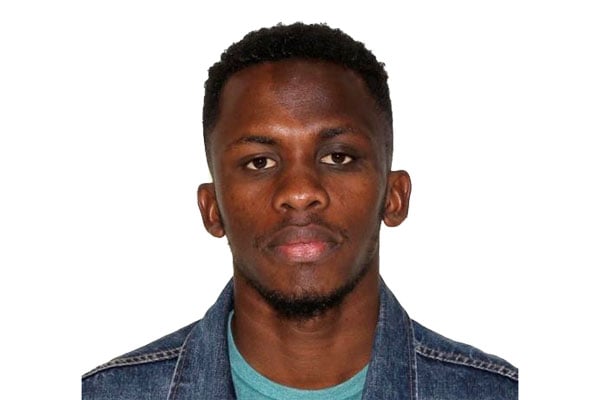Prime
Lessons from Qatar’s successful bid for the 2022 Fifa World Cup

Mr Lewis Ainebyona
What you need to know:
We don’t have to go all out like the top countries in the world, but we can surely construct infrastructure that is worth being proud of as a nation to host at least continental sports competitions...
It’s been almost seven months since the FIFA World Cup took place in Qatar, a small country in the Arabian Gulf. Football being the most popular sport in the world has transformed lives, communities, and countries.
The nations bidding to stage the FIFA World Cup do whatever it takes to host the most prestigious event in a sports calendar after every four years.
Qatar won the 2022 World Cup bid and Qataris ran riot all over the streets of Doha in jubilation. It was a moment of huge pride for a country in the desert moreover the first ever to host it in the middle east.
Qatar being known for mostly oil and gas resources, trade, their airline, investment and not sport still gave priority to this cause. However much we’ve seen the Qatar Sports Investment Group (QSI) invest in football clubs like PSG and had quite a taste of success in Europe, they weren’t certain if the same would happen if they invested in football back home, but the nation had faith and took a huge gamble putting in a bid anyways. Belief is the first thing one needs to have in order to achieve success.
The past four years after winning the bid were a tough period for Qatar as they faced a lot of criticism from the Western world. Claims of corruption, LGBTQ rights and migrant workers dying under the scorching heat while constructing the infrastructure were the everyday headlines in the western media, but Qatar stayed focused on their quest to exhibit the best world cup if not the best we’ve seen yet.
From the opening to the closing ceremony that showcased incredible international and local artists, amazing stadia with the eye-catching fireworks displays before the games kicked off, topping it off with Messi winning the World Cup were like a fairy tale that came to pass.
The number of fans that came in from all over the world was impressive and this might have been attributed to Qatar’s friendly visa policy. That way, Qatar was to market their country and break even after that much investment.
Now imagine if a country with beautiful landscapes, 50 percent of the world’s mountain gorilla population, the Equator and amazing wildlife put up internationally accredited sports infrastructure all over the country and be able to host, if not global but at least continental sports events, where would we be?
I see so many apartments and malls being built but few sports facilities. We need more natural grass pitches and other sports facilities that would last longer, encourage more sports participation, and earn more revenue in the long run.
In presenting their bid, Qatar exuded a high spirit of nationalism as the leaders together with its citizens were in full support of the cause. Every Qatari became part of the history that was made after they won the bid, and this has provided endless opportunities for them.
Sport has given us bragging rights on the international stage and therefore it should be accorded the respect it deserves. It’s an avenue where we are blessed with so much talent but limited resources and yet it can solve the challenges of inequality and the high level of unemployment among our youth.
Our neighbours Rwanda however small a country they might be just like Qatar have shown how much one can really invest if they want to attain a set target with the renowned Kigali Arena (BK Arena) and now the newly commissioned Kigali Pele Stadium after the 73rd FIFA Congress that took place in the capital city, Kigali. The BK Arena alone has given them mileage over other East African countries in hosting major indoor sports competitions.
We don’t have to go all out like the top countries in the world, but we can surely construct infrastructure that is worth being proud of as a nation to host at least continental sports competitions and that can be achieved if we start with our mindset change about sport, curriculum change followed by actual investment.
Mr Lewis Ainebyona is a Football Studies Graduate. Solent University, Southampton and Grassroots coach




